It was Dr. George Hu’s personal experience of therapy as an undergraduate student that set his psychotherapy career in motion.
“I tell people I started in psychotherapy on the other side of the couch,” said Hu, the director of Counseling and Psychological Services (CAPs) at Duke Kunshan University.
“I was a client first, struggling with my own mental health as a university student back in California. Struggling with all sorts of things: identity, mood and ‘is all of this worth it?’”
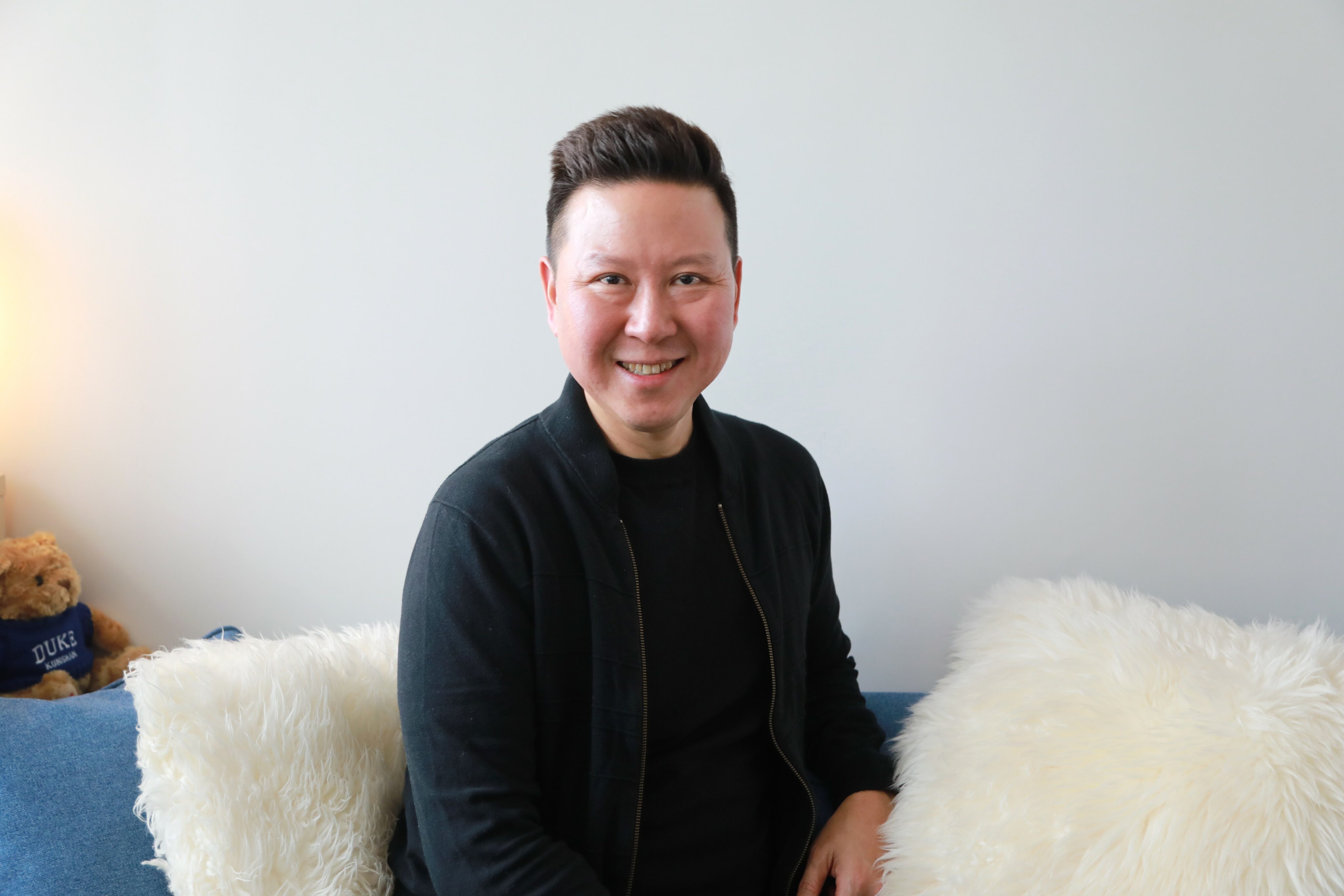
Hu’s own positive experience of therapy, which led him to change his major from biology to clinical psychology, now shapes how he helps young people today who are encountering the same challenges that his generation faced in their youth, and many more besides.
After earning his doctorate in clinical psychology and license to practice in the United States, Hu moved to China in 2013 and held roles such as department chair of mental health at Shanghai United Family Hospital.
Last summer, Duke Kunshan appointed him to lead CAPs, which supports the psychological development and emotional well-being of students through counseling, preventive and educational programming, consultation and outreach.
“The pressures have definitely changed over the years for young people,” said Hu, who is also the president of the Shanghai International Mental Health Association and, in his spare time, a foodie who enjoys exploring the city’s diverse culinary scene.
“There are new challenges on top of old ones, which in many areas have increased in severity.”
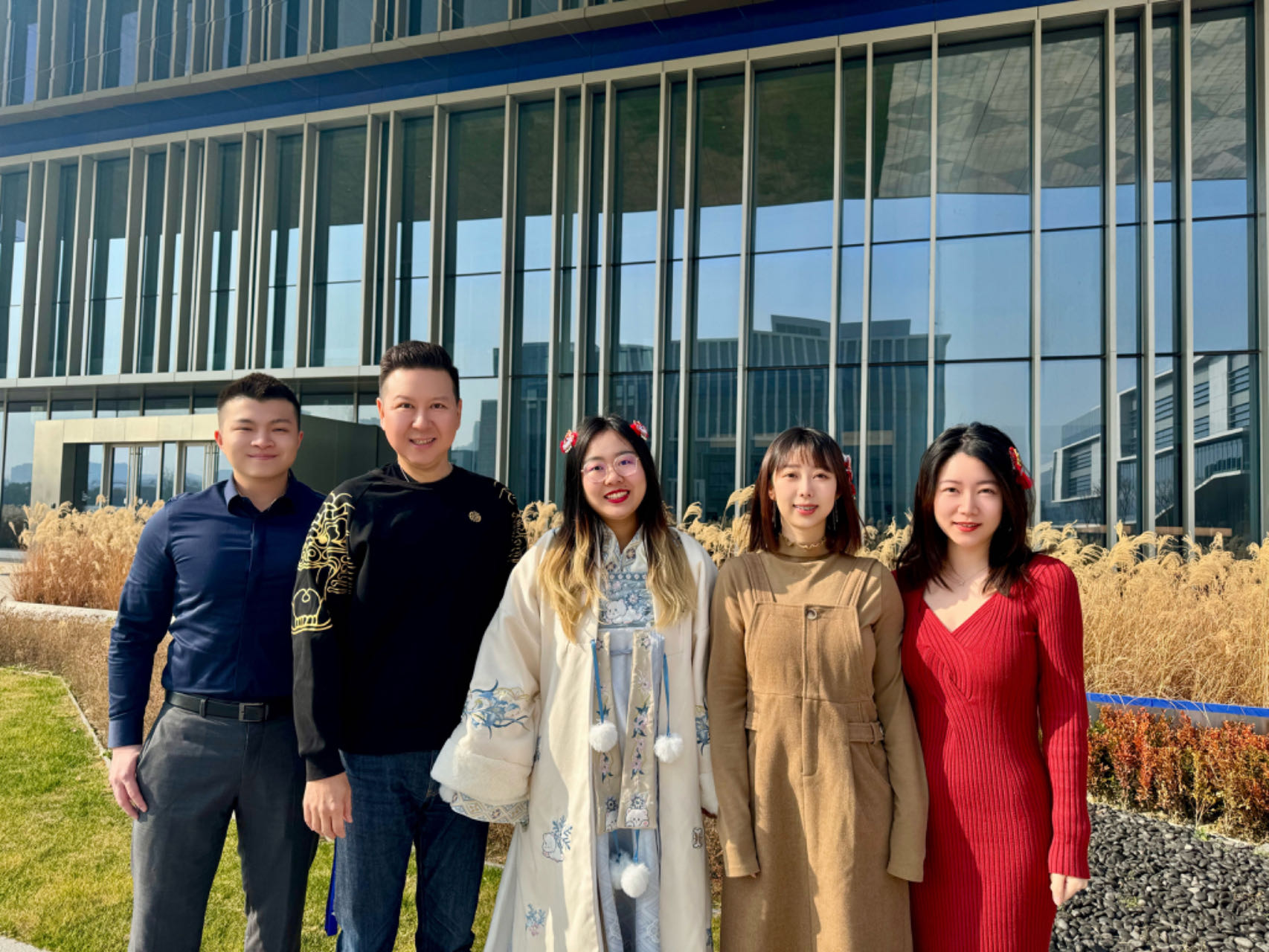
One of the most common, according to Hu, is academic stress and the pressure to meet expectations.
“Many students come to DKU equating a sense of their value to their effectiveness academically, which is often measured by a grade,” he said.
“It can be really distressing for them when, sometimes for the first time in their lives, they get a grade that in their opinion is substandard.
“They might start on this slippery slope of asking what this means for their future, and that distress is compounded by how challenging the job market can be for young people nowadays.”
Such pressures, along with others such as difficulties with social relationships, can cause or aggravate mental health issues including anxiety, depression, sleeping problems and disordered eating patterns.
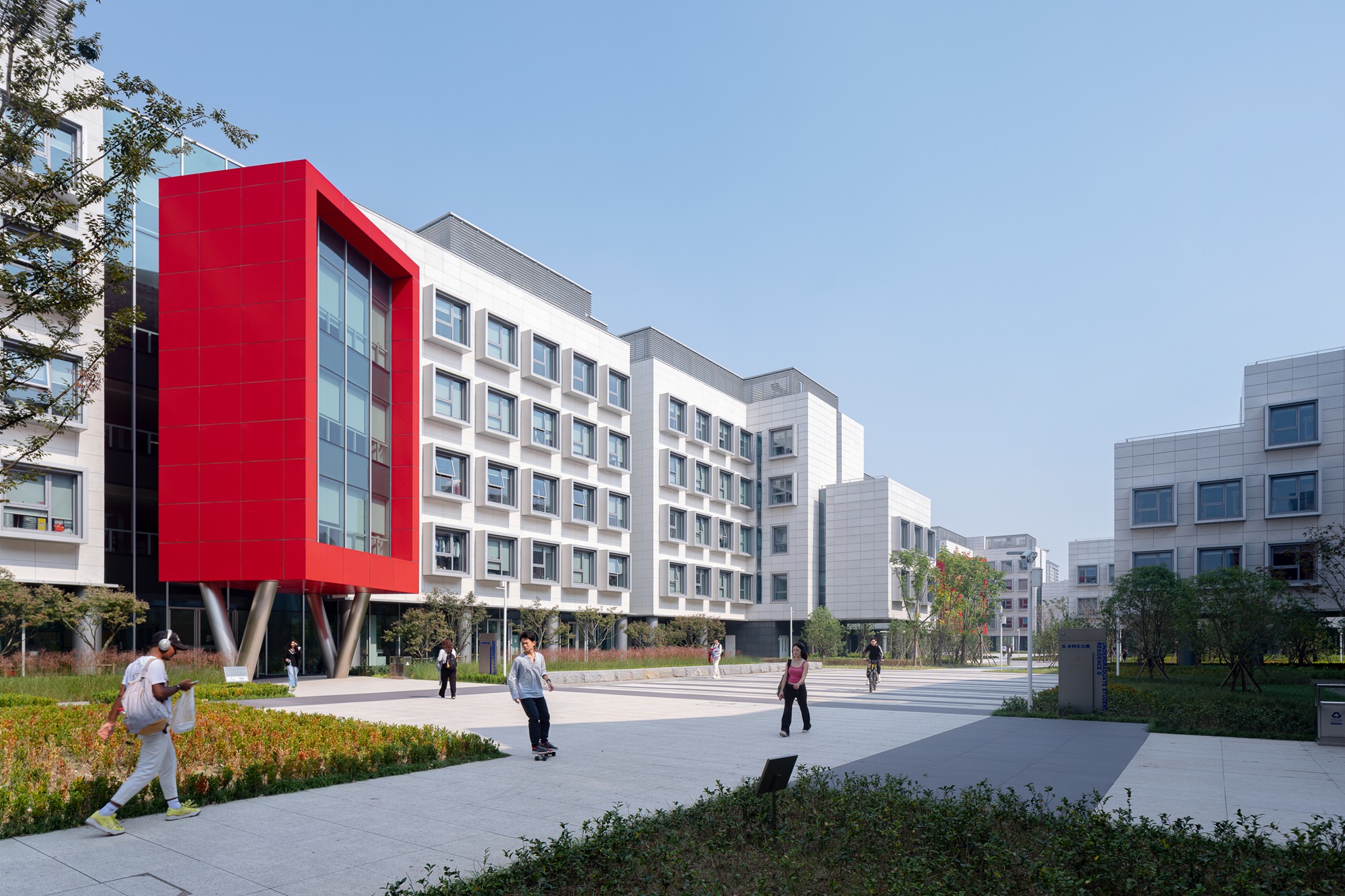
While CAPs is well-resourced to help address even the most entrenched problems, Hu said that prevention and early intervention is important.
“When things get to a clinical level, yes they can be treated, but they’re often more complex and harder to address,” he said.
“If we can catch problems before they become clinically significant or give people the resilience skills they need early on, then that tends to lead to much better outcomes.”
CAPs regularly holds workshops and outreach activities to share practical tips and connect students with its staff and services. One recent workshop, for example, focused on improving sleep hygiene, a bedrock of good mental health.
A Lunar New Year event featuring Tai Chi and other anxiety management techniques was also held under the theme “hope and renewal” to encourage students to be intentional and positive about the future. Such events are about exposing students to and making them comfortable with mental health topics.
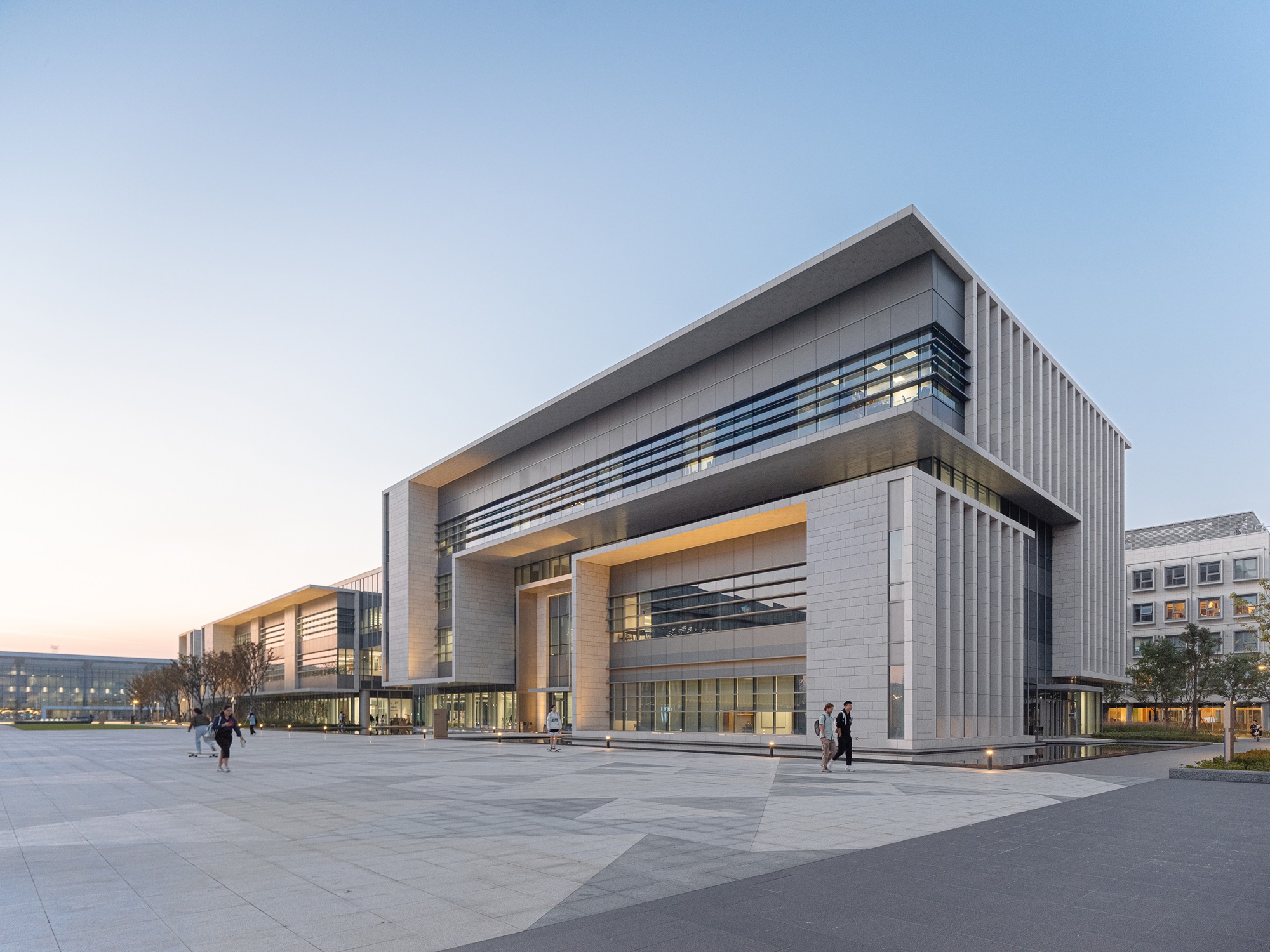
CAPs recently moved into its new home in the Community Center, which opened last year as part of the Phase 2 expansion of the DKU campus in Kunshan.
“We are creating a physical environment that feels accessible and comfortable,” Hu said. “We want students to have a sense of safety, trust and relaxation whenever they walk into our space.
“Our staff all speak both English and Chinese and I’d love to have speakers of other languages on the team too as people tend to communicate emotional concepts better in their heart language.”
He also aims to be open-minded about how these services are delivered to DKU’s highly diverse student body.
“I want to foster an intercultural atmosphere where we’re not just pushing one way of doing or seeing things,” Hu added.
“I’m acutely aware that psychotherapy, as we know it, has largely been developed and normed in the West.
“Sigmund Freud did his research on European upper-class housewives. That doesn’t invalidate the concepts that we work with, but we have to acknowledge that the data used to develop these concepts was gathered from particular populations.
“As a profession, we’ve imported many of these concepts assuming they’re universal when we’ve not asked if they really are.”
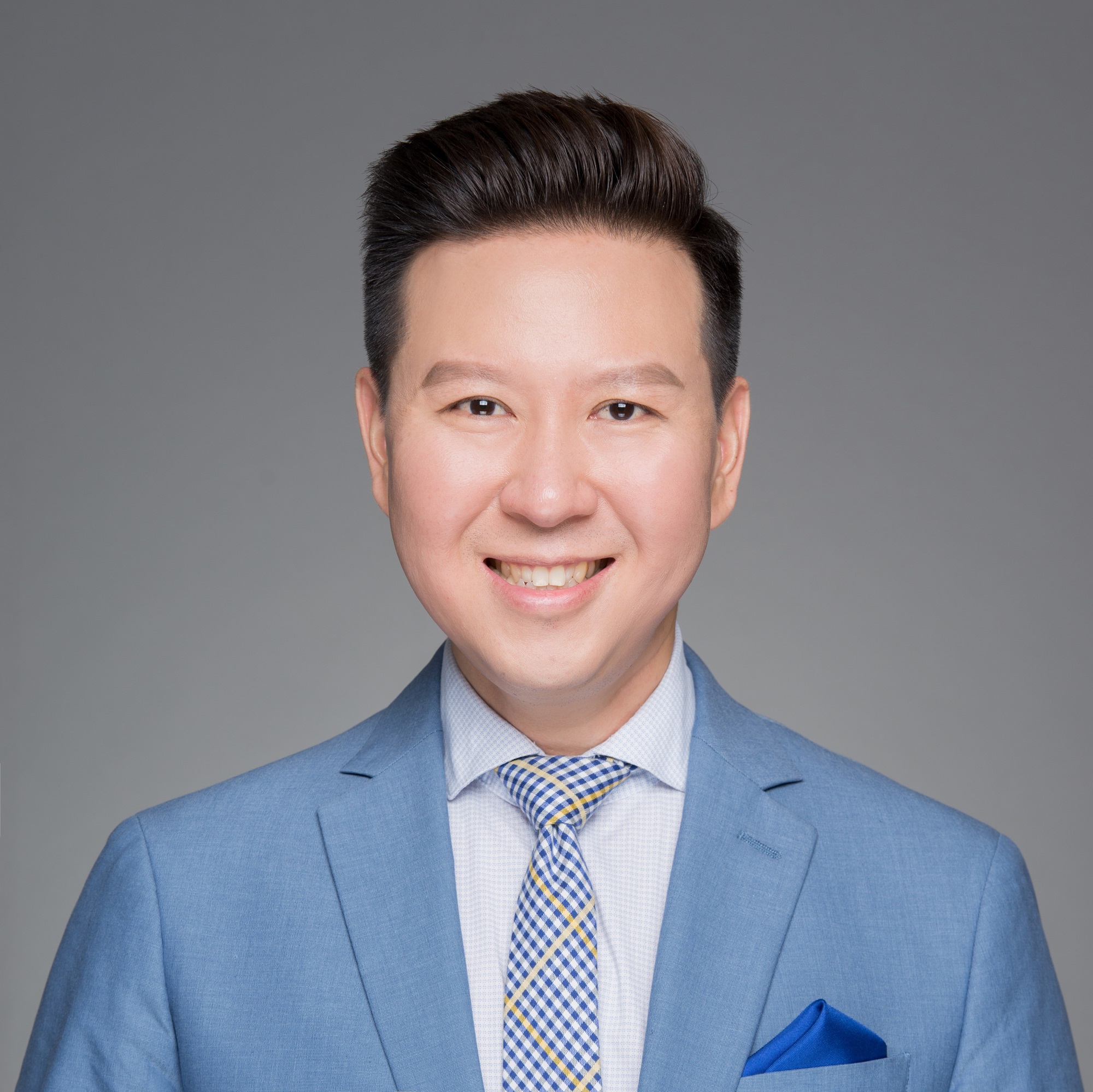
“For example, one-on-one sessions of 45 or 50 minutes on a couch with a particular power dynamic, is this always the best approach or have we just assumed that it is?”
In a message to parents, Hu noted students undergo a significant adjustment when they come to DKU and that parents often feel concerned about their mental health.
“We understand the worries that parents have, and we are always ready to partner with them while also respecting and maintaining confidentiality for students,” he said.
“It is important for all of us at the Office of Student Affairs, to graduate students that function well in society and part of that is for them to learn how to care for themselves.
“That means learning to recognize when you are going through something that you need help with.
“There is no greater priority for us than giving students the tools they need to look after themselves, and eventually their own families and the communities in which they live and work.”
Visit the CAPS website or contact the team at caps@dukekunshan.edu.cn to learn more about its services, which are free at the point of use for all Duke Kunshan students.
Dr. Hu’s top tips for mental health
Have a regular routine
One of the best things that someone can do to take care of their mental health is to maintain a regular routine. That can be difficult for students when classes start at different times or you don’t want miss out on social activities. But it’s much better from an anxiety management point of view to maintain a consistent sleep cycle, mealtime schedule and exercise regime.
Research shows over and over again that this is one of the best things that we can do for our mental health.
Maintain boundaries
We can also benefit from drawing boundaries in our social relationships. We don’t need to be best friends with everybody.
There are some people who, it’s not that they are bad people, but you don’t really fit with them.
The world is big enough that it’s probably better not to be around each other all the time, and that’s OK.
Release the perfect
Many people have a picture of perfection in their minds and whatever doesn’t match that is automatically a disappointment.
It’s a black and white approach that removes the nuance or the gray, rather than seeing life as a spectrum of experiences.
In real life, there’s no heaven on earth.
If you can release or soften our idea of that idealized picture and look for what’s good about what’s happening for you right now, as opposed to being consistently disappointed, that can be really beneficial.

